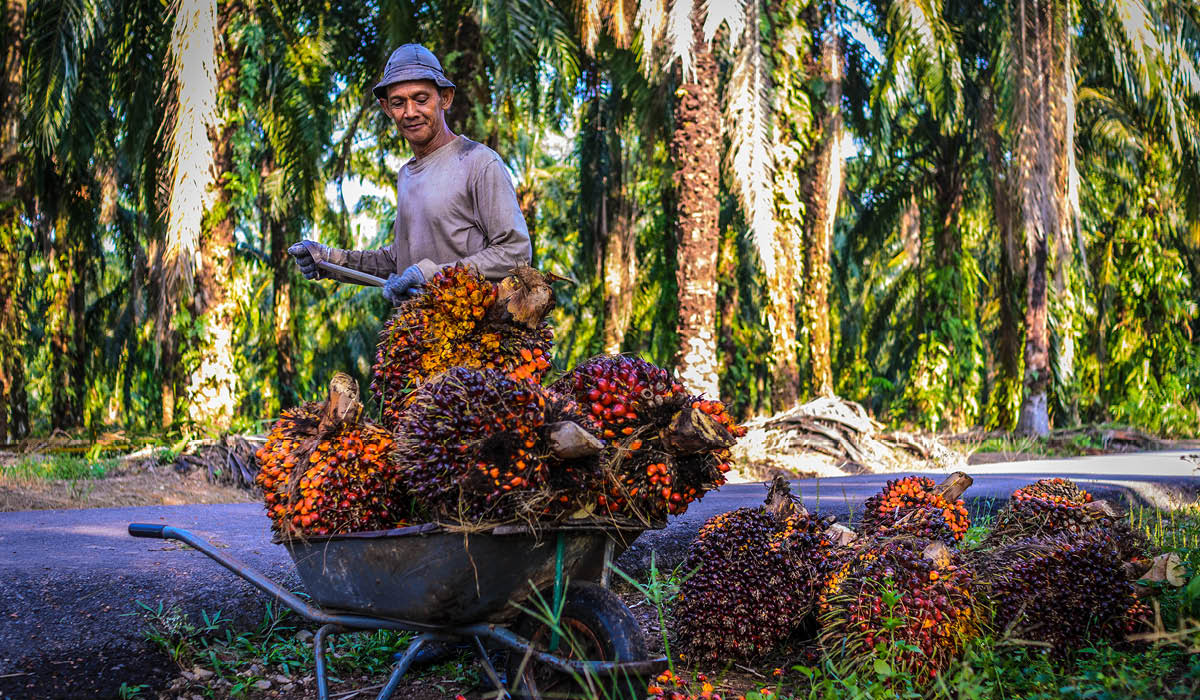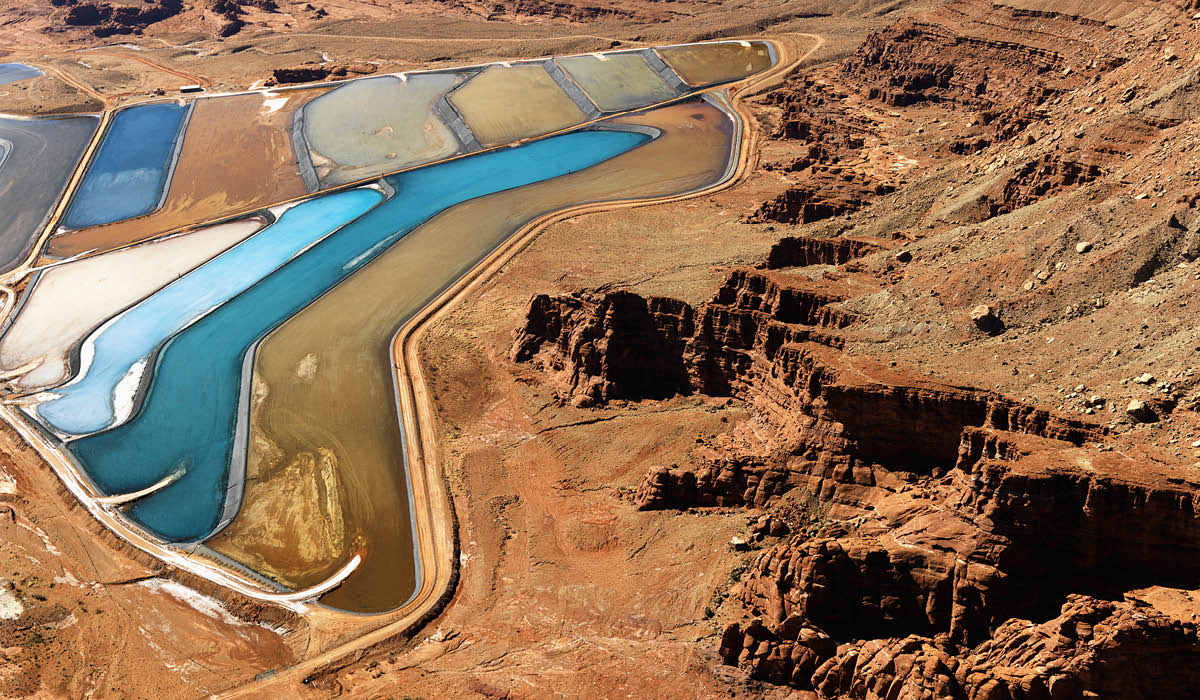Article from 2018 annual report
Palm oil is an important raw material used by several companies in the AP Funds’ portfolios. In the palm oil producing countries, the industry offers opportunities for local communities to new income and better living standards. Palm oil cultivation is largely undertaken by small-scale farmers and family companies. For example, in Indonesia, they account for around 40 per cent of the country’s palm oil production.
The industry is associated with major challenges, among others, to bring about changes in the production methods of small-scale agricultural companies and to achieve traceability through the supply chain. A common way to increase production is to increase the area of the plantation by burning off forest. Forest fires contribute to global warming, and the rainforest, which is a globally important greenhouse gas sink, is depleted. In addition, the soil preparation often contributes to new greenhouse gas emissions. Deforestation also contributes to reduced biodiversity.
Low payment willingness for certified sustainable palm oil
Sustainable production requires knowledge and investments. The growth of certified sustainable palm oil is dependent on achieving greater efficiency from existing plantations and a demand and willingness by the market to pay a premium. Unfortunately, the demand for certified sustainable palm oil is relatively low. The greatest demand comes from Europe followed by the US. There is not much demand from India or China, the two countries that buy approximately half of the global palm oil production.
Sustainability work is developing
In recent years, several large globally listed companies have worked on developing their policies, systems and processes, striving for a more sustainable production. Their work includes commitments to cause no deforestation nor to cultivate on peat land as well as improve their management of incidents in operations and greater transparency in reporting. The challenges are many, some others are how to achieve traceability in palm oil fruit and better methods to map and categorize the land’s preservation value. The Council is a member of an investor collaboration, which is coordinated by the Principles for Responsible Investment (PRI), for greater sustainability in palm oil production. In 2018, representatives from PRI and several global investors including the Council travelled to Indonesia and Malaysia to meet on site with companies, NGOs, local authorities, local investors and banks. The opportunities and challenges in financing were discussed with banks in order to influence them towards more sustainable palm oil production. The Council will continue to work in the PRI’s working group for sustainable palm oil production.
Background facts
Region: Indonesia, Malaysia
Topic: Climate, environment, human rights, business ethics




